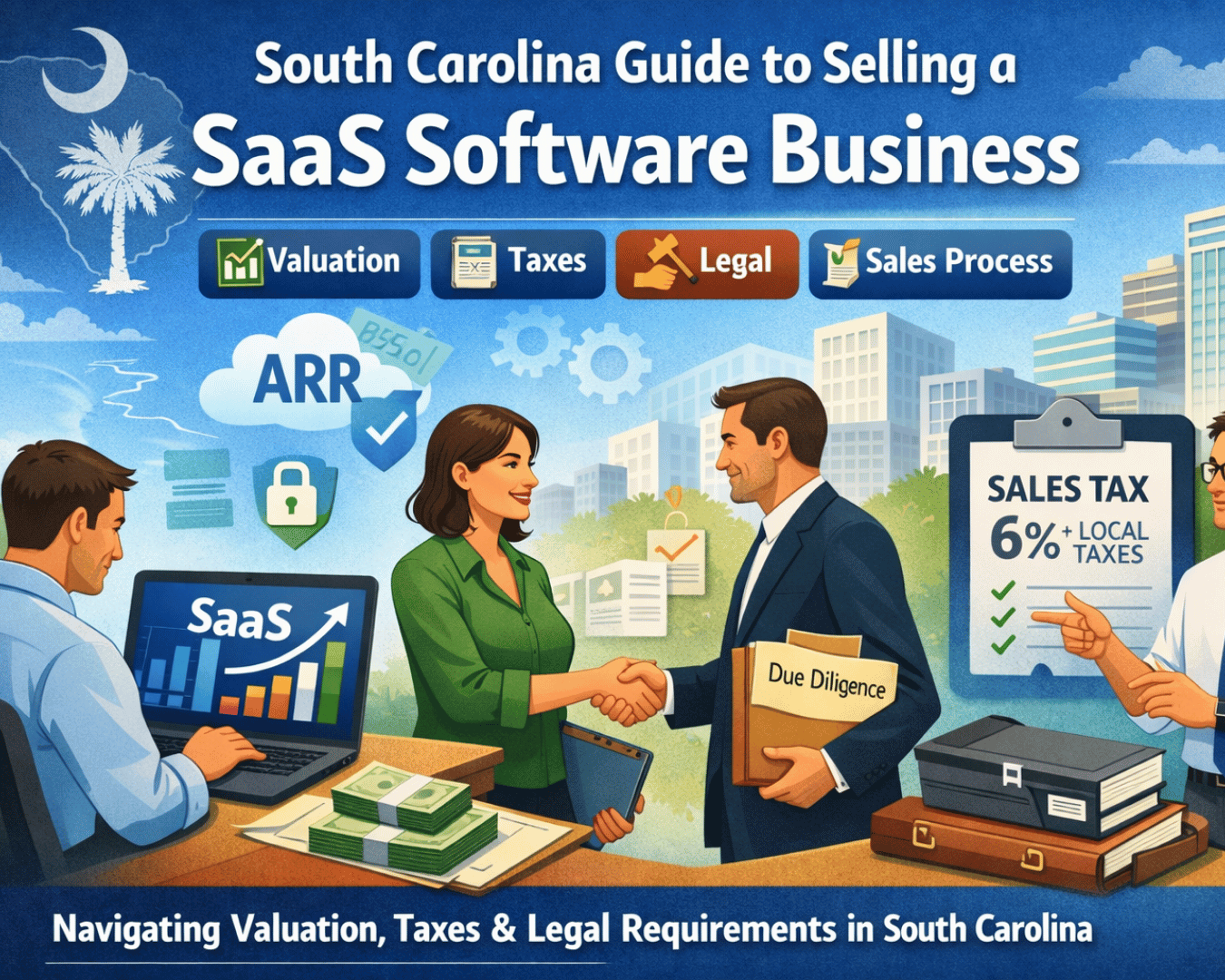As the baby boomer generation moves towards retirement, a significant shift is underway on Main Street, with numerous boomer-owned small businesses at a pivotal juncture. These owners are contemplating whether to sell their enterprises or transfer them to a new generation of leaders.
Boomers are at the helm of approximately 2.34 million small businesses in the U.S., providing employment to over 25 million individuals. This workforce supports around 100 million people, making up nearly a third of the U.S. population, dependent on the strategic decisions of these business owners regarding growth, economic navigation, and succession planning.
However, a survey conducted by Wilmington Trust reveals a concerning trend: more than 58% of small business owners lack a concrete succession plan, with many having never considered it. This oversight poses a significant risk to the economy, especially as boomers face aging, health issues, and market challenges.
The repercussions of inadequate succession planning extend beyond the 25 million directly employed individuals, affecting countless vendors, suppliers, and independent contractors connected to these businesses. This situation also overshadows the potential impact on businesses run by Gen Xers, millennials, and Gen Zers.
Jim Blasingame, the host of "The Small Business Advocate" radio show, emphasizes the urgency for baby boomers to address succession planning to avoid jeopardizing millions of jobs and retirement prospects.
Complicating matters, younger generations show less interest in taking over family businesses, influenced by the sacrifices of their predecessors and drawn to movements like Financial Independence, Retire Early (FIRE) aiming for an earlier retirement.
Despite the gravity of the situation, this looming economic crisis has garnered limited attention from business media, political candidates, and financial markets.
Many boomer-owned businesses have their net worth tied up in their companies, complicating retirement plans. Proper succession planning is crucial, not only for the owner's continued operation of the business but also for maximizing its value upon sale.
With aging owners, the future of these businesses is uncertain. Despite a surplus in private equity funding, many small enterprises are too minor to attract these investments. Moreover, global economic and geopolitical uncertainties have led to a decline in mergers and acquisitions, leaving owners in a precarious position.
James Roberts of Community Whealth Advisors highlights a common reluctance among business owners to confront their mortality and plan for retirement, underscoring the psychological and emotional challenges involved in succession planning.
The reluctance often stems from a lack of preparation for retirement, financial fears, or emotional ties to the business, which form a significant part of their identity and self-worth.
To address these challenges, boomer entrepreneurs should proactively prepare their businesses for sale, involving a team of advisors to navigate the process, appraise business value, and explore options such as managerial buyouts or employee share ownership plans.
The preparation for selling or passing on a business is a complex but necessary step for ensuring its longevity and success beyond the tenure of its boomer owners, safeguarding the livelihoods of millions and the stability of the economy.





%20%20Process%2C%20Valuation%20%26%20Legal%20Checklist.png)




















%20in%20a%20%2420M%20Sale..png)
%20vs.%20Conventional%20Loans%20for%20business%20acquisition.png)























.png)


.png)
.png)


































.png)


















